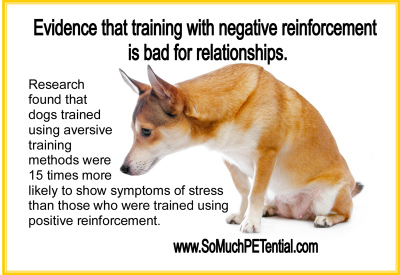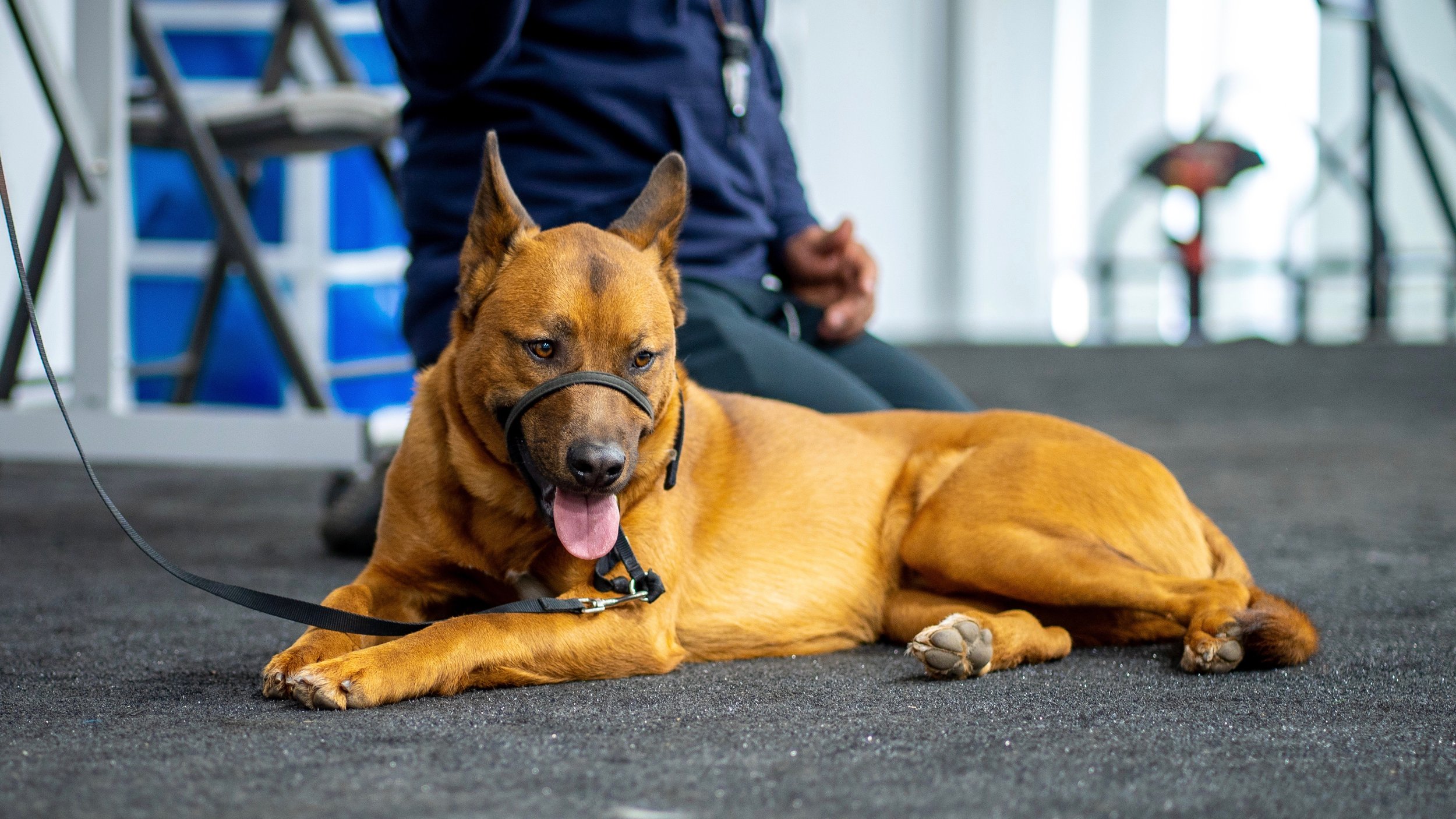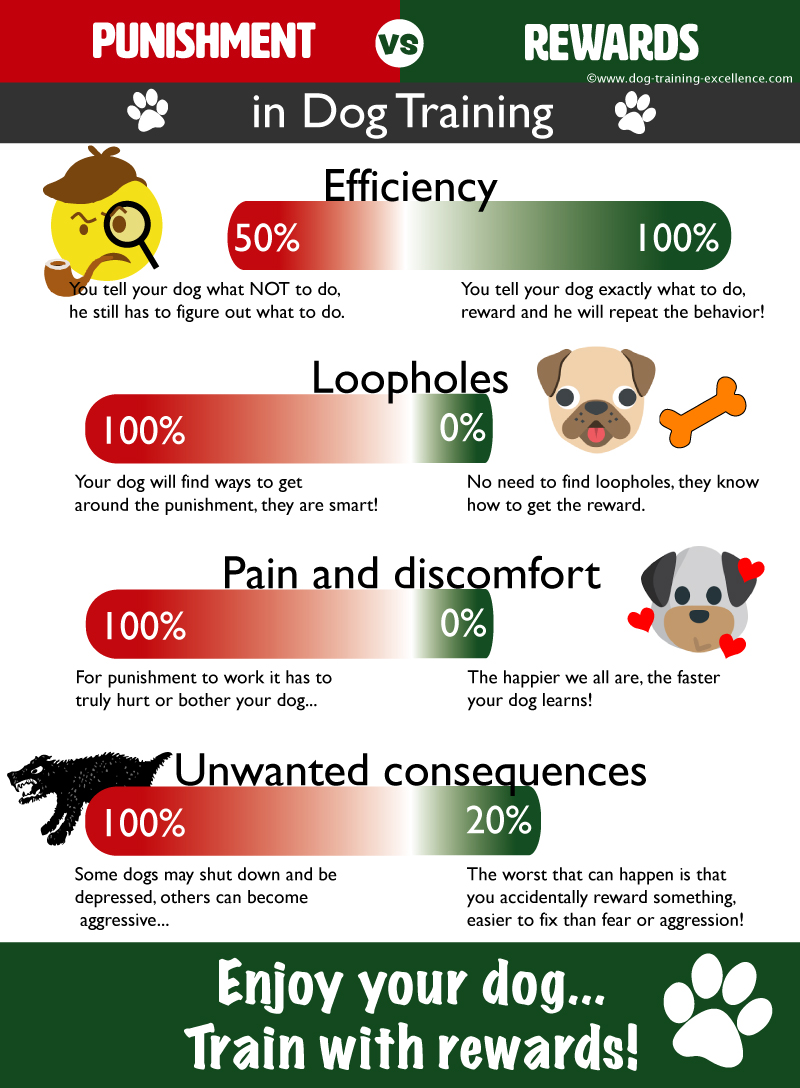Attention Please! Training Tips for Scatterbrained Dogs
Understanding Your Dog's Behavior
When it comes to dog training, recognizing your furry friend's level of motivation is crucial. An unmotivated dog might lack interest in activities you once enjoyed together, seemingly ignoring commands or displaying low energy levels.
On the other hand, an overexcited dog might exhibit bouncing, zooming, or difficulty settling, struggling to focus on your training efforts or jumping and barking uncontrollably. Understanding these signs and the common reasons behind them, like boredom, health concerns, or lack of training, is the first step towards creating a successful and positive training experience for you and your canine companion.
However, simply identifying these signs is just the beginning. By delving deeper into the potential causes of your dog's motivation levels, you can tailor your training approach to address their specific needs.
Whether incorporating more mental stimulation for a bored pup or providing clear boundaries for an overstimulated dog, this understanding allows you to create a training environment that fosters engagement, builds confidence, and strengthens the bond between you and your furry friend.

Importance of Positive Reinforcement
Using positive reinforcement in dog training
Positive reinforcement is a powerful tool in shaping your dog's behaviour. By rewarding desired actions with treats, praise, or playtime, you can effectively communicate to your dog what behaviours are desirable.
When training an unmotivated dog, focus on finding motivators that excite them, whether it's a favourite toy or tasty treats. For an overexcited dog, positive reinforcement can help channel their energy into positive behaviours. Remember to be patient and consistent in your training efforts.
Building a strong and healthy bond with your dog through positive reinforcement
Positive reinforcement not only helps in training your dog but also strengthens the bond between you and your furry companion. When your dog associates good behaviour with positive rewards, they are more likely to repeat those behaviours. This mutual understanding fosters trust and enhances communication between you and your dog. By using positive reinforcement techniques, you create a supportive and loving environment where your dog feels valued and understood.
Through positive reinforcement, you can transform your dog's behaviour and create a harmonious relationship based on trust and respect. Consistent training and positive interactions will nurture a happy and well-behaved dog, making your journey together enjoyable and rewarding.

Establishing a Consistent Routine
Creating a structured training schedule for your dog
Positive reinforcement is a powerful tool in shaping your dog's behaviour. By rewarding desired actions with treats, praise, or playtime, you can effectively communicate to your dog what behaviours are desirable. When training an unmotivated dog, focus on finding motivators that excite them, whether it's a favourite toy or tasty treats. For an overexcited dog, positive reinforcement can help channel their energy into positive behaviours. Remember to be patient and consistent in your training efforts.
When establishing a structured training schedule for your dog, consistency is key. Set aside dedicated time each day for training sessions to reinforce good behaviours and work on any areas that need improvement. Consistency in training helps your dog understand what is expected of them and establishes a routine that enhances learning and retention.
Implementing consistency in training sessions for better results
Building a strong and healthy bond with your dog through positive reinforcement is a rewarding experience. When you use positive reinforcement techniques, you not only train your dog effectively but also create a supportive and loving environment where your dog feels valued and understood. Your consistent efforts in training sessions will yield positive results and strengthen the bond between you and your furry companion.
By implementing consistency in your training sessions, you can set clear expectations for your dog and help them succeed in their training goals. Stay positive, patient, and dedicated to your routine, and you will see improvements in your dog's behaviour and the bond you share.

Exercise and Mental Stimulation
Incorporating physical exercise and mental stimulation for a balanced dog
When it comes to keeping your furry friend happy and healthy, a combination of physical exercise and mental stimulation is essential. Taking your dog for daily walks, engaging in play sessions, and providing interactive toys can help maintain their physical well-being and mental sharpness. Incorporating activities that challenge your dog's mind, such as puzzle toys or training sessions, can prevent boredom and alleviate behavioural issues.
Tips for engaging your unmotivated or overexcited dog in activities
For a dog that lacks motivation, try incorporating new and exciting activities that capture their interest. Experiment with different types of toys or activities to find what sparks their enthusiasm. Providing variety in their daily routine can keep them engaged and eager to participate.
On the other hand, for an overexcited dog, focus on activities that help them burn off excess energy in a positive way, such as interactive games or agility training. By tailoring activities to suit your dog's needs, you can create a fun and rewarding experience for both of you.

Patience and Understanding
Developing patience when training a dog
When it comes to training your beloved pup, patience is key. Understanding that learning takes time and repetition will help you stay calm and positive throughout the process. Remember to keep training sessions short and enjoyable for your furry companion to prevent frustration on both ends. Celebrate small victories and progress, no matter how minor they may seem.
By approaching training with patience, you create a nurturing environment where your dog can thrive and learn at their own pace.
Understanding your dog's needs and limitations
Every dog is unique, with their individual needs and limitations. By taking the time to understand your dog's personality, preferences, and physical capabilities, you can tailor activities and training methods to suit them best. Recognize when your dog needs a break or feels overwhelmed, and respect their boundaries.
Communication is key, so pay attention to your dog's body language and reactions to ensure a positive and trusting relationship. With a deep understanding of your dog, you can build a strong bond and provide them with the care and guidance they need to thrive.

Seeking Professional Help
Knowing when to consult a professional dog trainer or behaviourist
When it comes to training your furry friend, sometimes you may encounter challenges that require a more experienced hand. If you feel overwhelmed or unsure how to address certain behaviours, it might be time to seek the help of a professional dog trainer or behaviourist. These experts have the knowledge and experience to assess your dog's behaviour accurately and provide you with effective strategies to overcome any obstacles you may be facing.
Remember, asking for help shows strength and dedication to your dog's well-being.
Benefits of seeking expert guidance for training unmotivated or overexcited dogs
Opting for professional guidance when dealing with a dog that is unmotivated or overly excited during training can significantly improve their behaviour. Professional trainers and behaviourists can offer customized training plans tailored to your dog's needs and temperament. They can also provide valuable insights and techniques to keep your dog engaged and focused throughout training.
Seeking expert help benefits your dog and can enhance the bond between you and your furry companion, leading to a harmonious and fulfilling relationship.

Avoiding Punitive Measures
Understanding the negative impact of punishment in dog training
When it comes to training your beloved pup, it's important to steer clear of punitive measures that can harm your furry friend both physically and emotionally. Punishing your dog for unwanted behaviour can lead to fear, anxiety, and even aggression, ultimately damaging the trust and bond between you.
Instead of resorting to harsh punishments, it's crucial to focus on positive reinforcement and reward-based training methods to encourage good behaviour in a loving and effective manner.
Exploring alternative methods for correcting unwanted behavior
Fortunately, there are numerous alternative methods available for correcting undesired behaviours in your canine companion. Positive reinforcement, such as rewarding good behaviour with treats or praise, can be a powerful tool in shaping your dog's actions in a positive direction. Consistent training, patience, and clear communication are key components in addressing behavioural issues without the need for harsh discipline.
Remember, every dog is unique, and what works for one may not work for another. Consulting a professional dog trainer or behaviourist can help you identify the most suitable approach for your specific dog's needs.
By opting for positive and constructive training methods, you are not only fostering a happy and well-behaved pup but also nurturing a strong and trusting relationship with your furry companion.

Celebrating Progress and Small Wins
Recognizing and celebrating achievements in your dog's training journey
As you embark on the journey of training your beloved pup, it's essential to celebrate every step forward, no matter how small. Recognizing the progress your furry friend is making, whether it's mastering a new command or exhibiting improved behaviour, can be incredibly rewarding.
By acknowledging these achievements, you not only boost your dog's confidence but also strengthen the bond between you through positive reinforcement.
Importance of positive reinforcement for reinforcing good behaviour
In your training approach, always remember the power of positive reinforcement in shaping your dog's behaviour. By rewarding good behaviour with treats, toys, or affection, you are reinforcing the actions you want to see more of. This optimistic and encouraging method not only motivates your pup to continue behaving well but also helps them understand what is expected of them. Consistent use of positive reinforcement sets the stage for a harmonious and joyful relationship between you and your furry companion.
Every milestone reached, and every small win achieved brings you closer to your training goals and strengthens the bond you share with your dog. Celebrate these moments of progress with enthusiasm and appreciation, knowing that your dedication and patience are paying off in creating a well-behaved and content canine companion.

